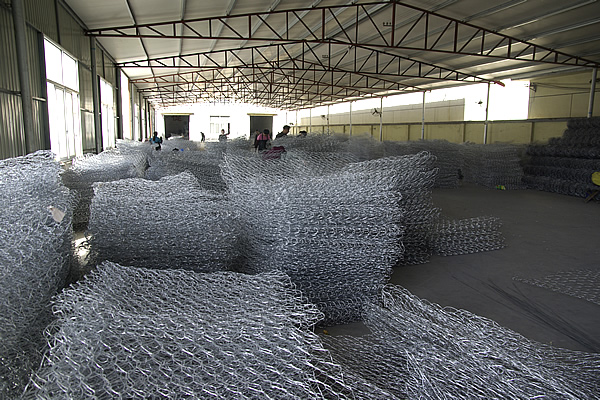 TEL:
+86-13102802206
TEL:
+86-13102802206
 Email:
fencenetting@china.com
Email:
fencenetting@china.com
 Language
Language
 TEL:
+86-13102802206
TEL:
+86-13102802206
 Email:
fencenetting@china.com
Email:
fencenetting@china.com
 Language
Language


Understanding Barbed Wire Fence Prices
When it comes to effective fencing options for livestock, security, or property division, barbed wire fences stand out due to their durability and cost-effectiveness. However, the price of barbed wire fencing can vary widely based on several factors, necessitating a closer look for anyone considering this type of fencing solution.
Factors Influencing Barbed Wire Fence Prices
1. Material Quality The type and quality of materials used in barbed wire construction significantly affect the price. Galvanized wire, which is coated with zinc for corrosion resistance, tends to be more expensive than non-galvanized alternatives. Higher-quality wires are more resistant to rust and wear, contributing to longevity and reduced maintenance costs over time.
2. Gauge of Wire The gauge refers to the thickness of the wire, with lower numbers indicating thicker wire. Thicker wire is generally more expensive but provides greater strength and durability. For high-security applications or areas where livestock may exert pressure, investing in thicker gauge wire can be more cost-effective in the long run.
3. Barb Spacing and Design The spacing of the barbs and their design can also affect the price. Closer barb spacing provides greater security but may increase costs. Additionally, specialized designs, such as those intended for enhanced deterrence, might command a higher price.
4. Height of the Fence The height of the barbed wire fence impacts the overall material needed and thus the total cost. Standard heights usually range from 3 to 5 strands of wire, but additional height requires more posts and wire, increasing the total expenditure.
5. Installation Costs While purchasing materials is one aspect, installation costs should not be overlooked. Factors such as terrain, accessibility, and labor costs can vary dramatically. DIY installation can reduce costs significantly, but professional installation ensures a properly secured and durable fence.

6. Geographic Location Prices for barbed wire and fencing materials might vary significantly by region due to supply chain logistics, local demand, and labor costs. In rural areas, barbed wire fencing may be more readily available, while urban areas may have limited suppliers, thus increasing prices.
Average Costs
On average, the cost of barbed wire itself can range from $0.10 to $0.50 per foot, depending on the factors mentioned above. Assuming a standard installation of a basic barbed wire fence around one acre, buyers might expect to spend anywhere from $1,000 to $3,000 total, factoring in materials, posts, and installation labor.
Long-Term Considerations
While initial expenses are important, the long-term value of investing in quality materials should be considered. A well-installed barbed wire fence can last for several decades with minimal upkeep, making it a smart investment for those looking to secure property or livestock.
Conclusion
The price of barbed wire fencing is influenced by a multitude of factors, from the quality of materials to labor costs. By understanding these variables, property owners can make informed choices that align with their needs and budgets. Ultimately, while the upfront costs of a barbed wire fence might vary, the right selection can provide a robust solution that stands the test of time, ensuring security and peace of mind for years to come.